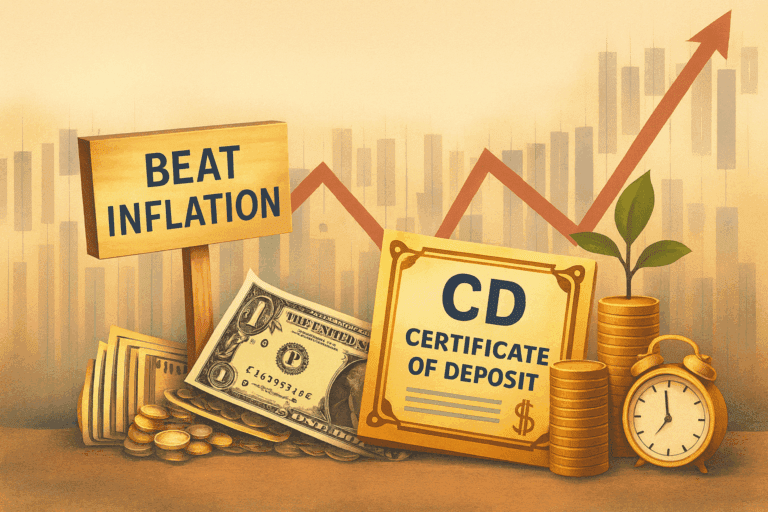Everyone wants to reach financial freedom. It is a concept that seems far away for some, but it is possible. Here are 10 habits you can adopt to reach financial freedom.
Set Goals

It is a good idea to specify your goals. Wanting financial freedom is a good goal, but it is kind of broad. Narrow down what you want to be successful in the future. Write these down and decide how to prioritize them. Then make sure these goals are somewhere you can access them often.
Have a Financial Advisor

A financial advisor can help you set your financial goals. They can also help you reach them sooner than if you tried to do it by yourself. Need guidance on all things in the finance world? Then a financial advisor is the best person to talk to.
Be Conscious of Your Health

What does your health have to do with your finances? Plenty! If you don’t pay attention to your health, you can get a lot of medical bills when something goes wrong. You can also lose money if you use up all your sick days at work. Or if you are constantly in poor health, you might have to retire early and live off a measly amount of money.
Budget

Having a budget in place will help you make sure you don’t overspend your money. If you set a monthly budget, you will know that your bills are being paid in full and you can also focus on your savings goals. You can also leave a little in the budget to spend for fun things but don’t overdo it. You don’t want to spend too much money every month and not have enough to pay the necessities.
Live Below Your Means

If you live below your means, then you are spending less money every day. You are only spending money on the necessities and not spending much on the wants. Doing this can mean you save money and can put it into your savings. Then you have better financial health!
Pay Off Your Credit Cards
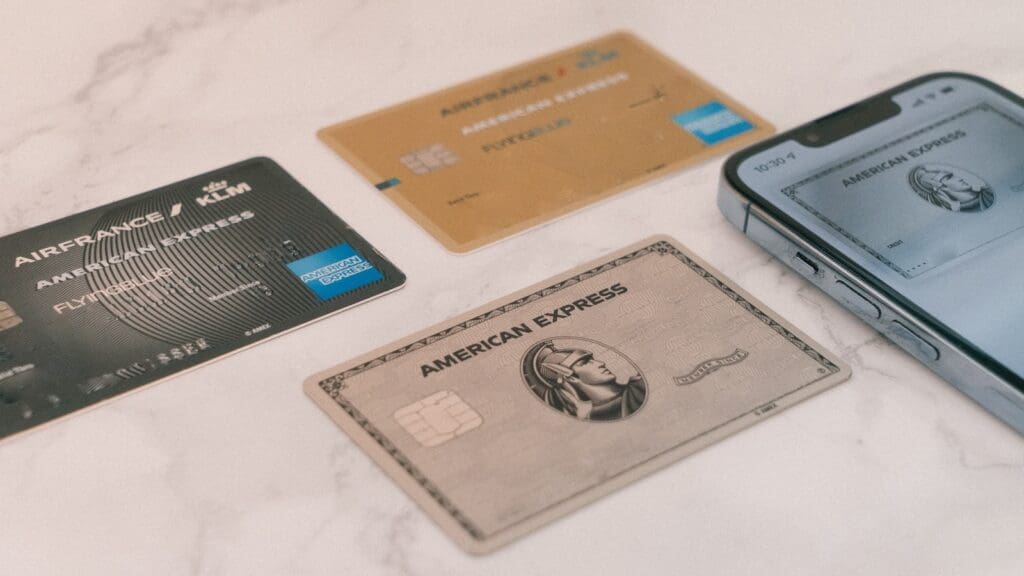
If you make a purchase with your credit card, you should pay it off as soon as possible. Credit cards tend to have high interest rates, which is why it is important to pay them off every month. If not, that interest will keep racking up and you will spend more money in the long run. If you have to use your credit card, use it smartly.
Automatically Save
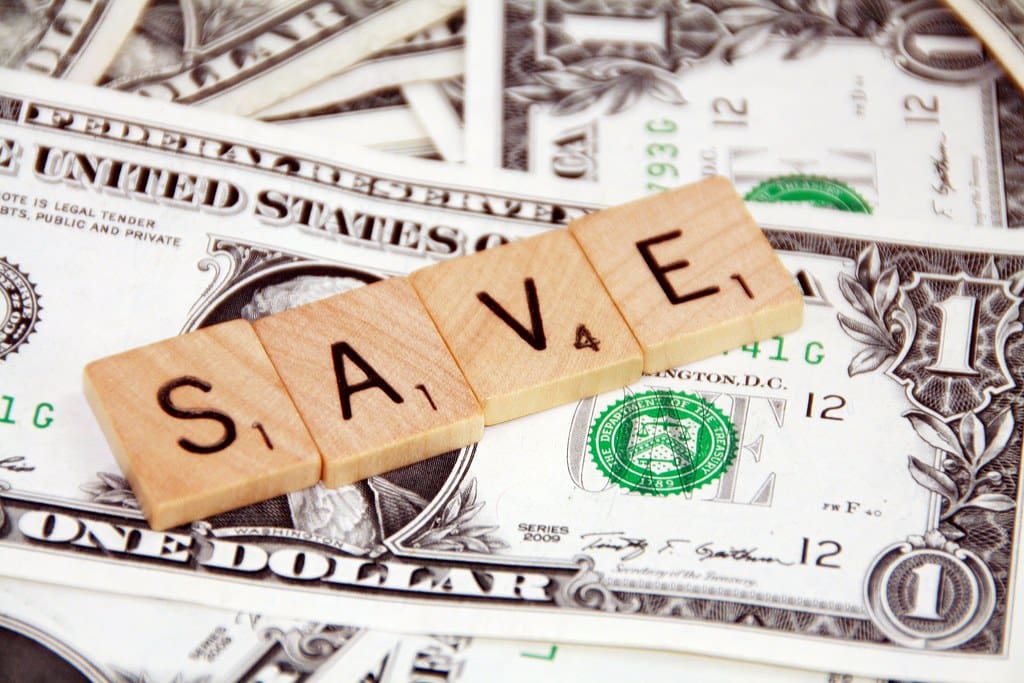
401(k)s are a great way to save for retirement. That money goes directly out of your paycheck and into your 401(k). You should also have money go into an emergency fund every paycheck. If you do this automatically, then you won’t touch the money at all. It is a good idea to have certain amounts of dough set aside each paycheck.
Invest Your Money
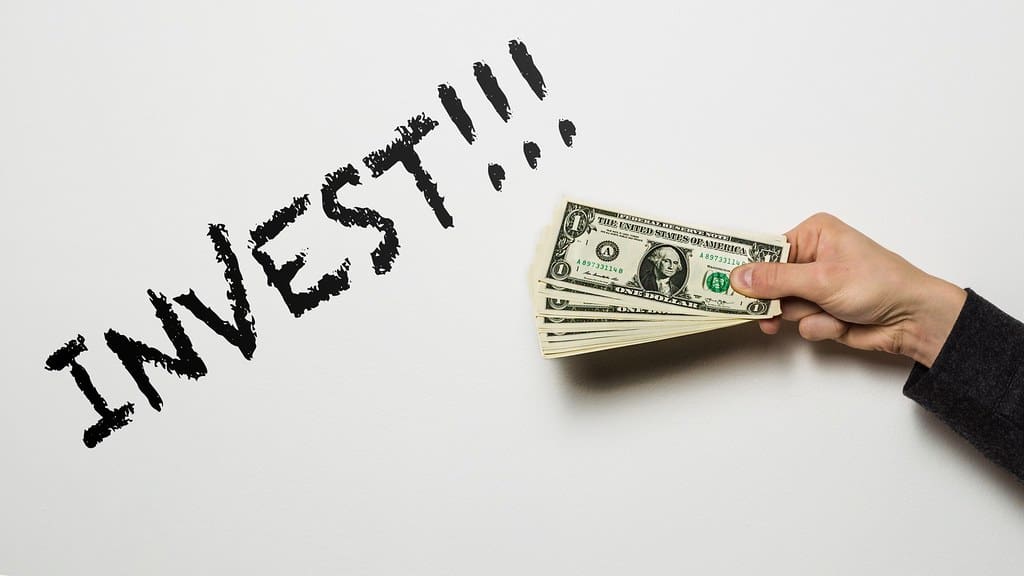
Investing can seem scary because the stock market is so unpredictable. However, investing money smartly can help it grow, not shrink. It is recommended to start slowly and then build on the money you invest. It is best to educate yourself before throwing money into the stock market though. Don’t just go in there blind!
Read More: 10 Financial Habits to Start in Your 20s
Look at Your Credit Score
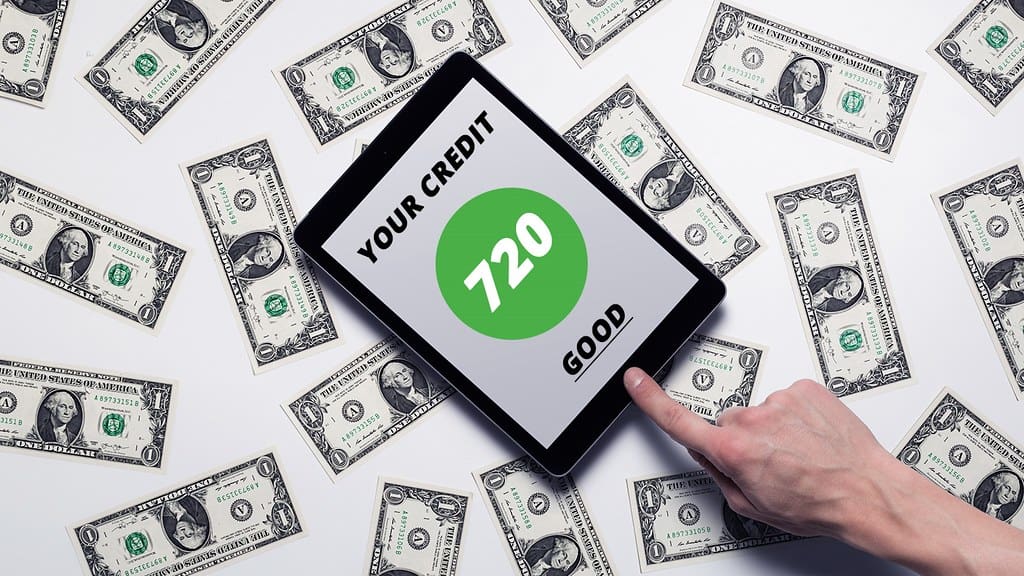
Your credit score is really important to watch. It is tied to many things, like getting a car loan or a loan for your house. The better the score, the better interest rates you are going to get. Having a good credit score means you are not a risk to those who are loaning you the money, because you pay close attention to your finances. Make sure you watch this and have a good idea of what yours is.
Read More: 10 Signs You Need to Rethink Your Finance Goals
Keep Your Property in Good Shape

Keeping your property in good shape might sound a little odd, but trust me, it is important. You need to keep your things in a usable condition so you don’t have to keep replacing them. Replacing items or a house or a car costs money and that takes away from your financial freedom.
Read More: 10 Reasons You Need a Financial Advisor




